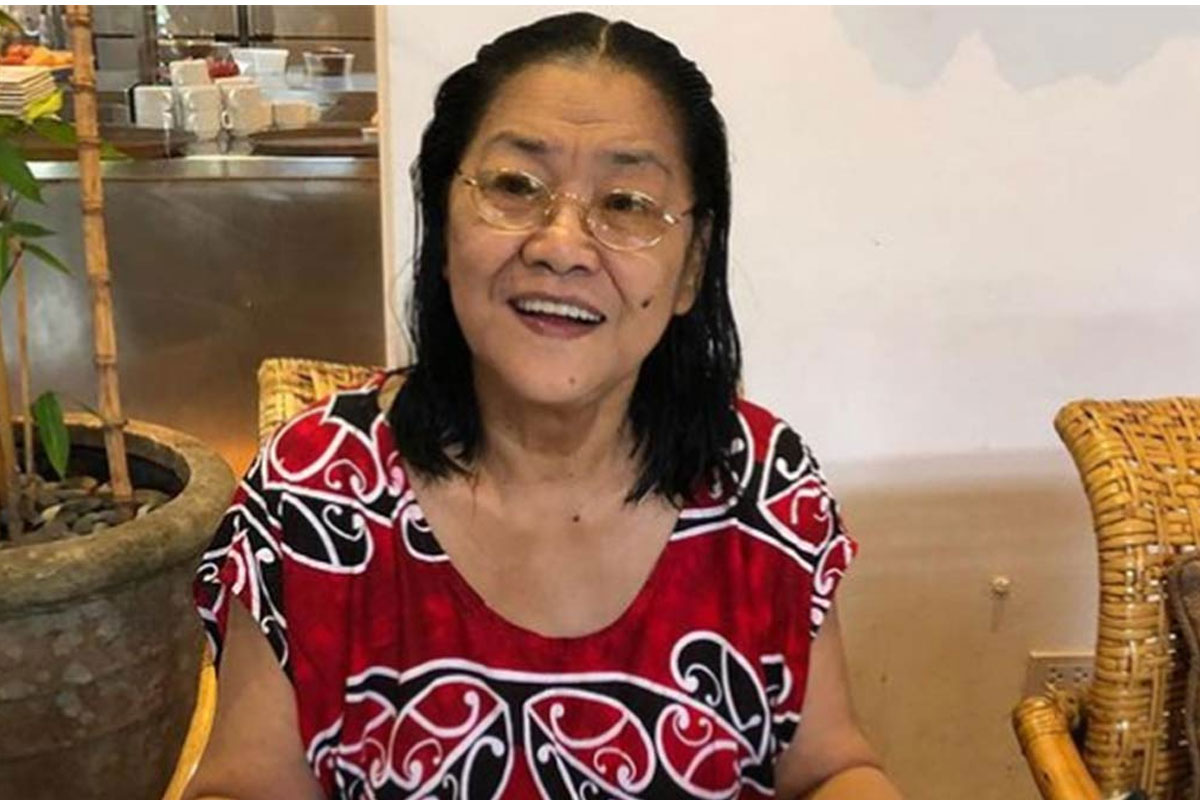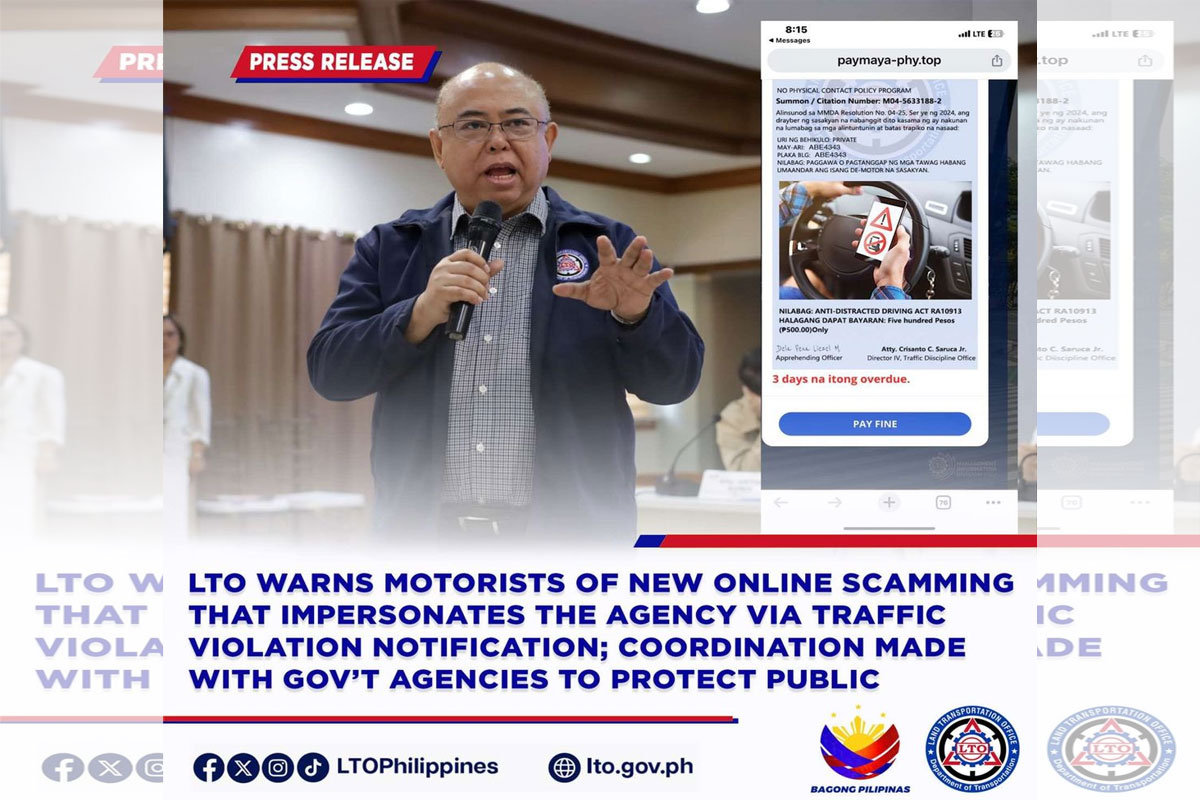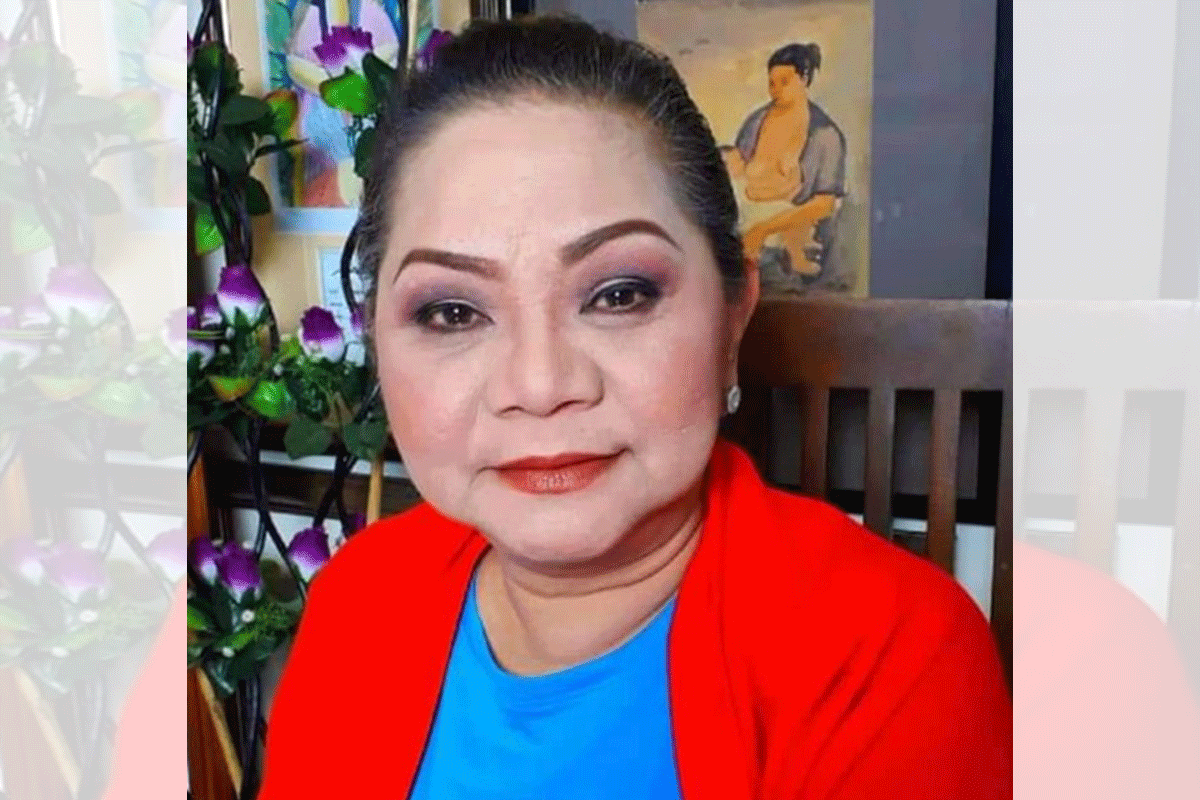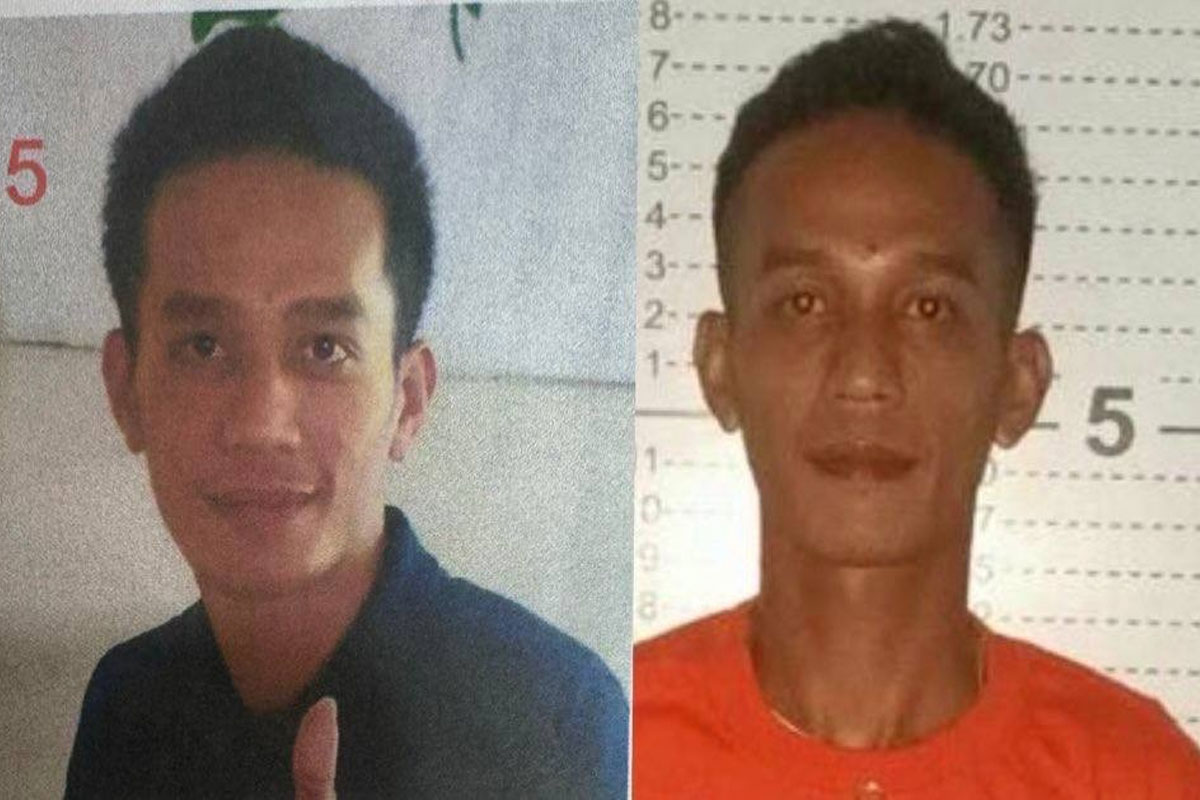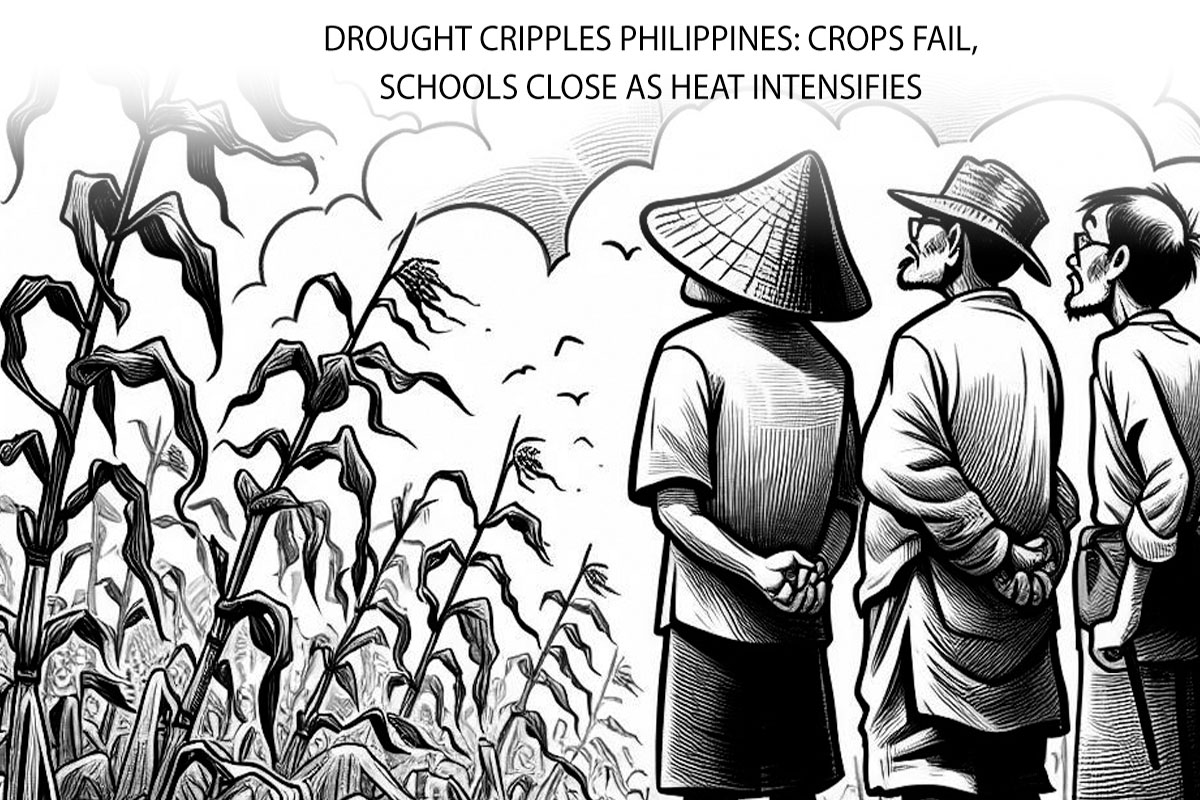
COVID-19 ends as a global health emergency – is it really over?
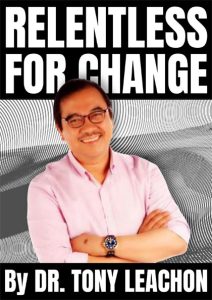 COVID-19 is no longer a global health emergency, the World Health Organization said on May 5, Friday.
COVID-19 is no longer a global health emergency, the World Health Organization said on May 5, Friday.
WHO’s International Health Regulations Emergency Committee discussed the pandemic on May 4 Thursday at its 15th meeting on Covid-19, and WHO Director-General Tedros Adhanom Ghebreyesus concurred that the public health emergency of international concern, or PHEIC, declaration should end.
A PHEIC creates an agreement between countries to abide by WHO’s recommendations for managing the emergency. Each country, in turn, declares its own public health emergency – declarations that carry legal weight. Countries use them to marshal resources and waive rules in order to ease a crisis.
The organization declared the coronavirus outbreak to be a public health emergency of international concern in January 2020, about six weeks before characterizing it as a pandemic.
WHO has declared the global health emergency over, but Covid hasn’t gone away. Precautions are still necessary for many, and we must fix what the pandemic has broken and exposed in our health system and society.
The past three years of fighting Covid feel like a fog of war. Although everyone wants to move on, we must reckon with how bad the pandemic was—and how much worse it could have been.
The worst thing any country could do now is to use this announcement as a reason to let down its guard, to dismantle the systems it has built, or to send the message to its people that COVID19 is nothing to worry about.
20 million excess deaths have occurred during the Covid pandemic—more than all but the two other leading causes of death, cardiovascular disease and cancer. In the Philippines , we have 4,092,158 reported cases, resulting in 66,444 reported deaths. Without vaccination, measures to reduce infections and lifesaving medical care so many more lives would have been lost.
Those who are intent on undermining public health action argue that there was nothing we could have done to counter Covid, that all of the infections and deaths were inevitable. But they ignore that some places had much lower rates of infections, hospitalizations and deaths.
Astonishingly, the pandemic could have been deadlier. The first year of vaccination alone is estimated to have prevented more than 14 million deaths globally. Covid vaccines arrived much sooner than we dared to hope, but the world may not be so lucky next time: An effective vaccine might be elusive. And we need to educate the people as well to embrace vaccination not only for COVID but also for other diseases.
Public health action is crucial, and it succeeds when it is tightly tied to real-time data and the decision-making process of balancing costs and benefits is transparent. This needs an all government and all society approach.
I welcome the WHO announcement that COVID pandemic is not a global emergency at this point in time.
But here in the Philippines , we need to prepare the path towards the endemic stage eg wearing face masks , compliance with minimum public health standards while we are on a surge , solid vaccination and booster program , Universal Health Care ( UHC ) implementation and a permanent DOH secretary.
At one level, this is a moment for celebration and time to remember the sacrifices of the governments , private sector and our frontliners.
We have arrived at this moment thanks to the incredible skill and selfless dedication of health and care workers, the innovation of vaccine researchers and developers and the tough decisions governments have had to make in the face of changing evidence and information.
We remember the sacrifices that all of us have made as individuals, families, and communities to keep ourselves and each other safe.
Covid will continue to be a health threat in a country with fragile and weak healthcare system.
To respond better to future health threats, we must finally invest in a more comprehensive health architecture in Philippines with the partnership with the business sector and the medics community. We need improved vaccine production and distribution, better data , and more collaboration.
We need to be vigilant and relentless in our preventive health education and public health measures.
The next pandemic is sure to come. It’s not over. Subvariants will come and go. But with better data driving faster detection , and more effective responses to health emergencies, we can prevent thousands of deaths and billions of pesos in economic losses.
Yes , the global COVID emergency is over. As a country , the suffering we have endured, the painful lessons we have learned, the investments we have made and the capacities we have built must not go to waste.
The WHO also reminded us that “This virus is here to stay. It’s still killing, and it’s still changing.”
Our job is now to integrate COVID prevention and care into routine services everywhere and to be ready for future variants. We must work together towards the future for the next generation of Filipinos and support our current leaders in their vision and mission to improve the lives of every citizen. By Dr. Tony Leachon
To end , I would like to quote ,
“If you want to go fast, go alone, if you want to go far, go together”. African Proverb – Martha Goedert
###
Anthony C. Leachon, M. D.
Independent Health Reform Advocate
Past President ,
Philippine College of Physicians
Internist – Cardiologist
Manila Doctors Hospital



